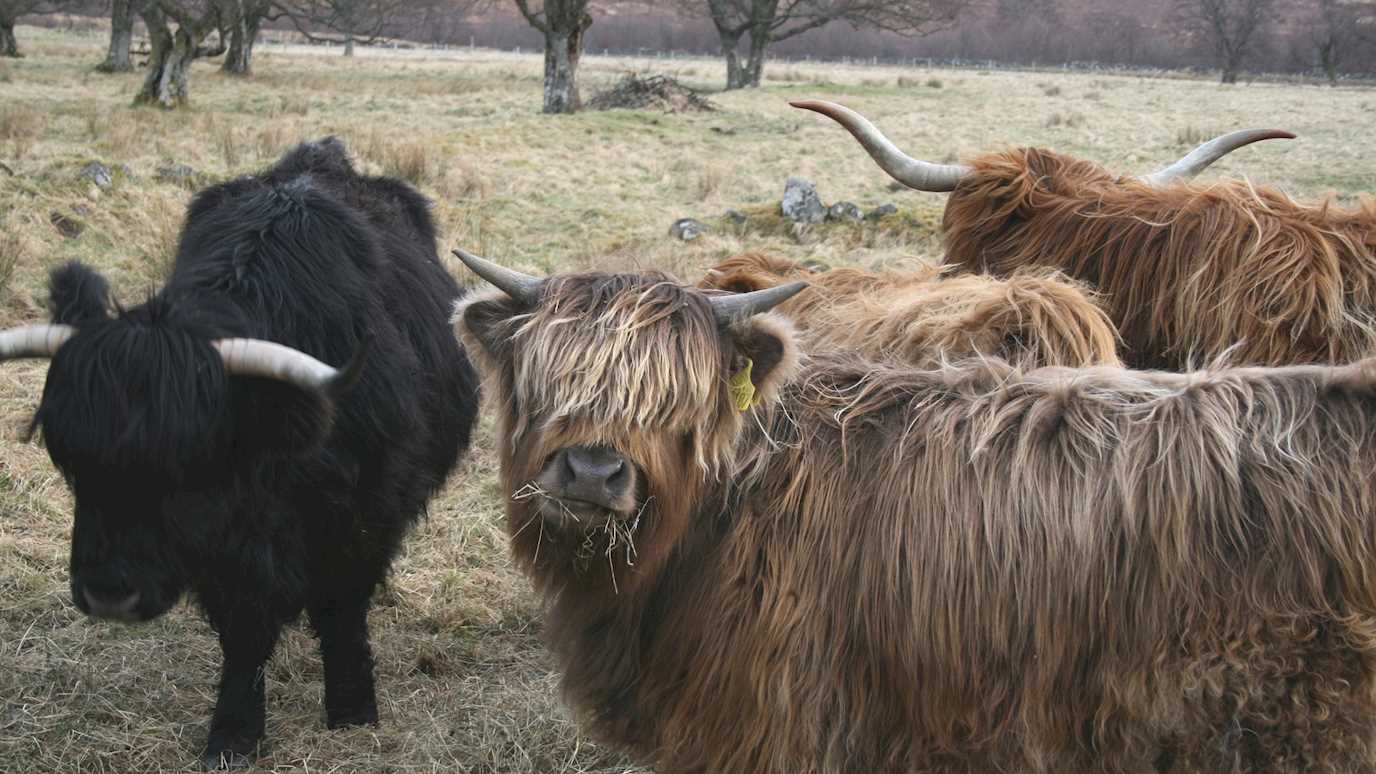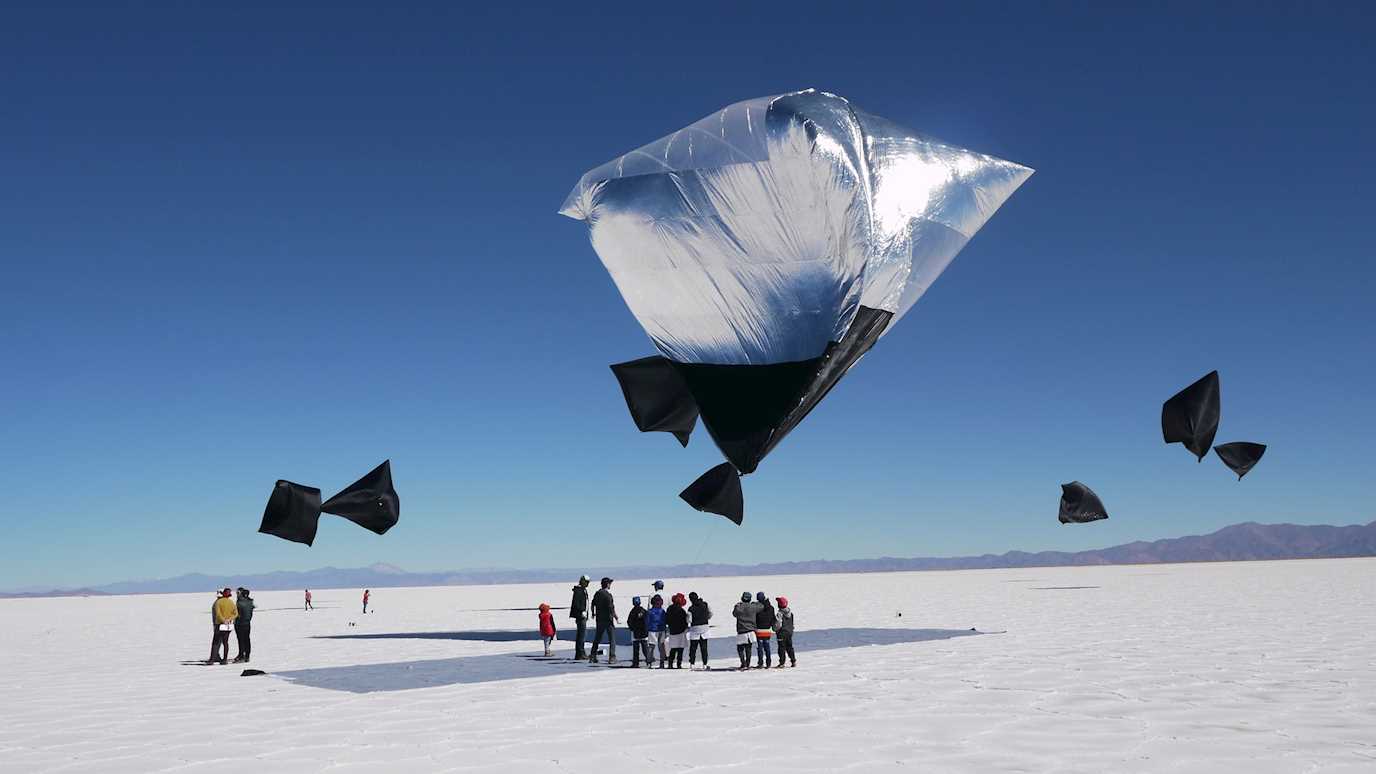Why is being in a research-focused department important?
The links between teaching and research are important for any contemporary degree environment. Modern Geography graduates need experience in what is at the forefront of their subject (research-led teaching), they need to understand the processes involved in ‘doing’ geography (research-orientated teaching), and they need to experience enquiry-based learning (research-based teaching).
The Geography degree courses at Royal Holloway are designed to incorporate all of these elements. You will be taught by leading researchers, and may also be able to participate in research projects in laboratories, the archives or in the field.
What are the class sizes?
These vary between courses and across the three years. In year 1, lectures usually have about 150 students, but in Year 2 this falls to about 60 students and in Year 3 an average of 35 students. Practical and seminar sessions in all three years will have between 15 and 40 students. Tutorials are usually run with seven or eight students.
Can I study part-time?
We offer both the BA and BSc Geography degree programmes on a part-time basis. Applications are not processed through UCAS, so please contact the Admissions Tutors if you are interested in finding out more about part-time study.
What are the differences between the BA and the BSc degrees?
There are no differences between the BA Geography and BSc Geography degrees. All students have to complete a wide range of courses in Year 1, before having greater choice in Years 2 and 3. The degree title is a way of showing to possible employers what kind of Geography you have focused on. Students more interested in human geography tend to register for the BA degree, while students more interested in physical geography will register for the BSc degree.
BA Human Geography and BSc Physical Geography students also share the common first year programme. In Years 2 and 3 they have less choice of course options because of the need to specialise in either Human or Physical Geography
How do we develop your research skills?
The curriculum contains many different types of training and learning experiences, each of which allows students to develop key skills.
What we refer to as the ‘skills spine’ involves the training of students in ‘doing’ Geography. The techniques and field courses (GG1011, GG1032, GG1015GG2001, GG2003, GG3001) emphasise ‘enquiry-based’ learning linked to the creation of knowledge by students through primary investigation.
Other courses are focused around lectures and seminars, but the teaching methods and diversity of assessment develop other key skills linked to handling a range of information types, and methods of presentation.
Many courses include student-focused (enquiry-based) activity, including student-led discussions, problem solving, and team research projects.
What is the link between research and teaching?
Much of the work that you will do at undergraduate level is linked to the presentation and production of ‘knowledge’. Understanding how this knowledge is created, developed, used and transmitted is vital to achieving a good degree, and also vital to future employability. In order to fully achieve this, it is important that you are equipped with the relevant skills. These skills form a key part of our curriculum, and importantly, teach you keys things e.g.:
- How to ask the right questions in the right way.
- How to design and conduct investigation, whether experimental or in the finding of information.
- How to assess and collate that information and present it in a meaningful way.
These skills - critical to successful research - are also vital skills in the learning process and are best conveyed by those actively engaged in doing research.
I want to have a gap year. Will this be a problem?
There is no problem applying to us for deferred entry. In your personal statement we would like to find out a bit more about your plans for the gap year. While some students may be using the year for travel or volunteer work overseas, we understand that other students will use the year to earn money to fund their studies.
What does research focused really mean?
In answering this question, it is perhaps easier to say what it doesn't mean. It doesn't mean that academic staff do research all the time and leave students to be taught by teaching fellows. All staff that teach at undergraduate level are active in research.
Research is a process that involves a lot of organisation; the development of a set of skills which are used to find information and to construct arguments and debates; and the ability to form and present these ideas into a series of outputs, published in the scientific literature.
As an undergraduate, you benefit from this experience in a range of ways:
- Your teaching, particularly as you progress into the third year, is informed by modern and up-to date ideas which are at the leading edge of current research topics, often taught by people who are leading authorities on the topics themselves.
- Your practical work, especially the dissertation, can be carried out with access to high quality laboratories, field equipment, and other facilities.
- At all levels of the course, the sorts of skills that your lecturers need to do their own research are embedded in the courses that you do. These include how to find relevant information, how to read and utilise the ideas contained therein in your work, how to plan and execute tasks in such a way that the information you end up with is trustworthy and reliable, and how to present information in effective and useful ways.
Hence, by research led, the Department employs expert practitioners who, through a range of teaching methods, teach you both subject specific skills, and also key generic skills which are vital to your studies, but will also play an important role in future employability.
I am not predicted the standard offer. Is it worth me applying?
The standard offer is a guide to the level of academic performance that we would expect. However, we do take into account personal statements and references and tailor offers to individual students if we think you have the potential to do well on our degree course.
How many contact hours are there every week?
This varies depending on the courses that you choose, but in all three years you usually have formal contact with staff for 10 to 15 hours per week. This would be a mixture of lectures, seminars, practicals, laboratory sessions and tutorials. We obviously expect you to be studying independently during the rest of the working week.





















